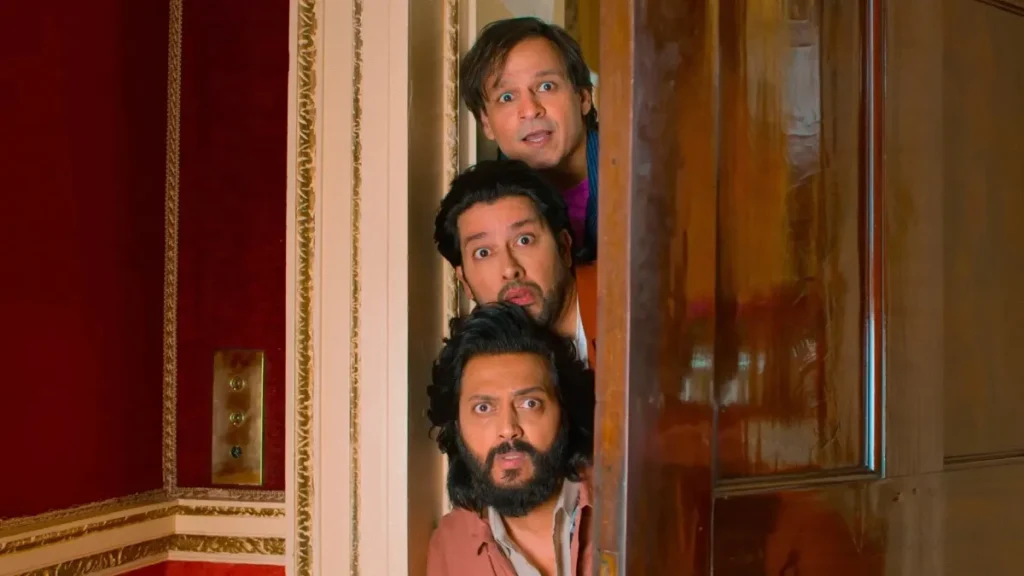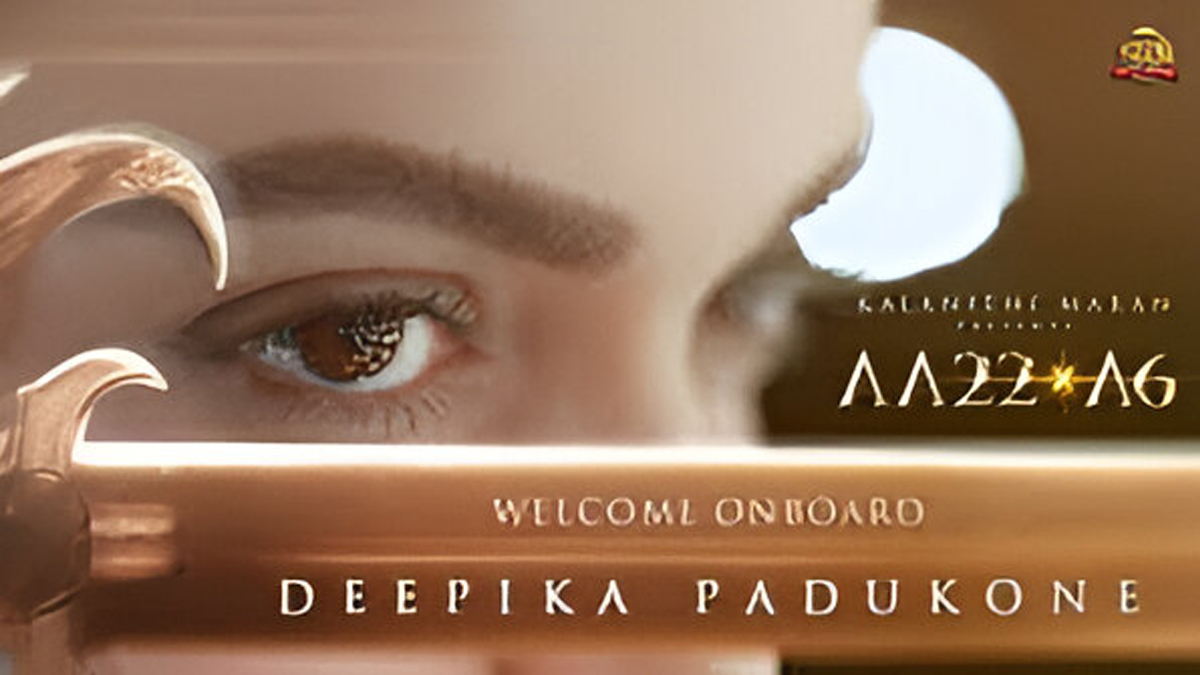Now Reading: ‘Stolen’ Chances: A Gritty Film’s Scramble for Space
-
01
‘Stolen’ Chances: A Gritty Film’s Scramble for Space
‘Stolen’ Chances: A Gritty Film’s Scramble for Space

Deepanjana Pal, a keen observer of Indian cinema, recently shed light on the arduous journey of “Stolen,” a gritty and compelling film that, despite its artistic merit and critical acclaim, has struggled to find its rightful place in the mainstream. Her insightful commentary in a recent piece underscores a critical issue plaguing the Indian film industry: the disproportionate focus on blockbusters, often at the expense of smaller, nuanced narratives that offer fresh perspectives and showcase raw talent.
“Stolen,” directed by Karan Tejpal, is far from the typical Bollywood fare. Its plot, inspired by real-world news, delves into the harrowing ordeal of a missing infant. The narrative centers around the Bansal brothers, Gautam (Abhishek Banerjee) and Raman (Shubham), who inadvertently become embroiled in the case after an impoverished woman, Jhumpa (Mia Maelzer), accuses Raman of stealing her baby. While Raman is quickly exonerated, his empathy for Jhumpa, contrasting sharply with Gautam’s cynical, money-driven worldview, propels him to assist in the investigation. This dynamic sets the stage for a layered exploration of privilege, class divides, and the terrifying specter of mob mentality in rural India.
Pal astutely points out that “Stolen” possesses the best qualities of a small film: a tightly woven script, a modest budget, and a wealth of insightful observations. The film moves at a breakneck pace, incorporating thrilling twists and tense chase sequences through the stark landscapes of Rajasthan. However, its true strength lies in its refusal to preach or simplify complex societal issues. Instead, it embraces subtlety, presenting characters and situations that defy easy categorization. The village, for instance, which gives rise to a murderous mob, also harbors individuals capable of immense kindness, leaving the audience to ponder the fine line between individual morality and collective hysteria. Similarly, an ambulance driver, a beacon of hope in one moment, is revealed to be complicit in life-threatening schemes in another. Raman’s compassion for a stranger is juxtaposed with his disregard for his own mother, highlighting the inherent contradictions within human nature.
What makes “Stolen”‘s struggle particularly alarming, as Pal highlights, is its initial recognition at the prestigious Venice Film Festival in 2023. Such an international platform typically propels a film into the spotlight, yet “Stolen” faced an uphill battle for a theatrical release and only recently found a home on a streaming platform. This delay, despite the championing of influential filmmakers like Anurag Kashyap, Nikkhil Advani, and Kiran Rao, raises serious questions about the health and diversity of the Indian film ecosystem.
Deepanjana Pal’s critique extends beyond “Stolen” to a broader commentary on the industry’s metrics of success. Discussions surrounding the vibrancy of the film business often revolve solely around box office earnings. However, a truly healthy industry thrives on variety and the cultivation of diverse talent. Small and medium-budget films, like “Stolen,” are crucial for this ecosystem. They offer audiences a much-needed alternative to the formulaic blockbusters and serve as vital platforms for emerging artists who might not fit conventional commercial molds.
Mia Maelzer’s extraordinary performance as Jhumpa serves as a poignant example. Pal notes Maelzer’s candid admission about not receiving many commercial auditions due to her appearance, despite being an alumna of the National School of Drama and having a notable role in Majid Majidi’s “Beyond the Clouds.” Such actors often rely on smaller, independent projects to showcase their craft and passion.
Ultimately, Pal’s piece is a call to action. It implores the industry to recognize that a vibrant entertainment business is more than just the sum of its blockbusters. It requires actively nurturing and providing space for films that dare to be different, that explore complex human experiences, and that allow creative individuals the freedom to experiment and innovate. While “Stolen” may be a dark and gritty film, its eventual streaming release, however delayed, offers a glimmer of hope that quality content, even when “stolen” from the limelight for a time, will eventually find its audience. What remains to be seen is what it will take for the industry to truly admit the value of these independent voices and proactively support their journey to the screen.










